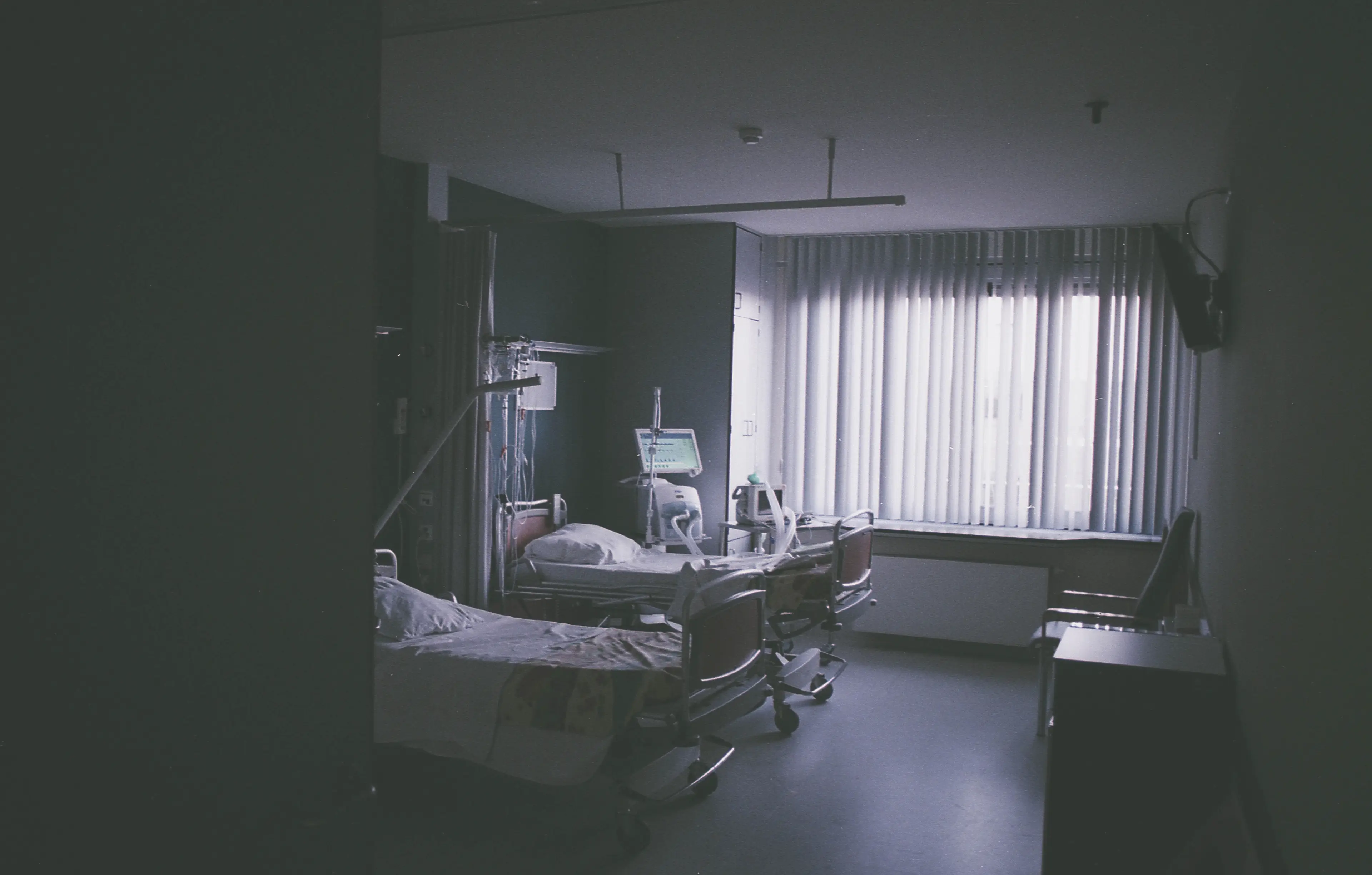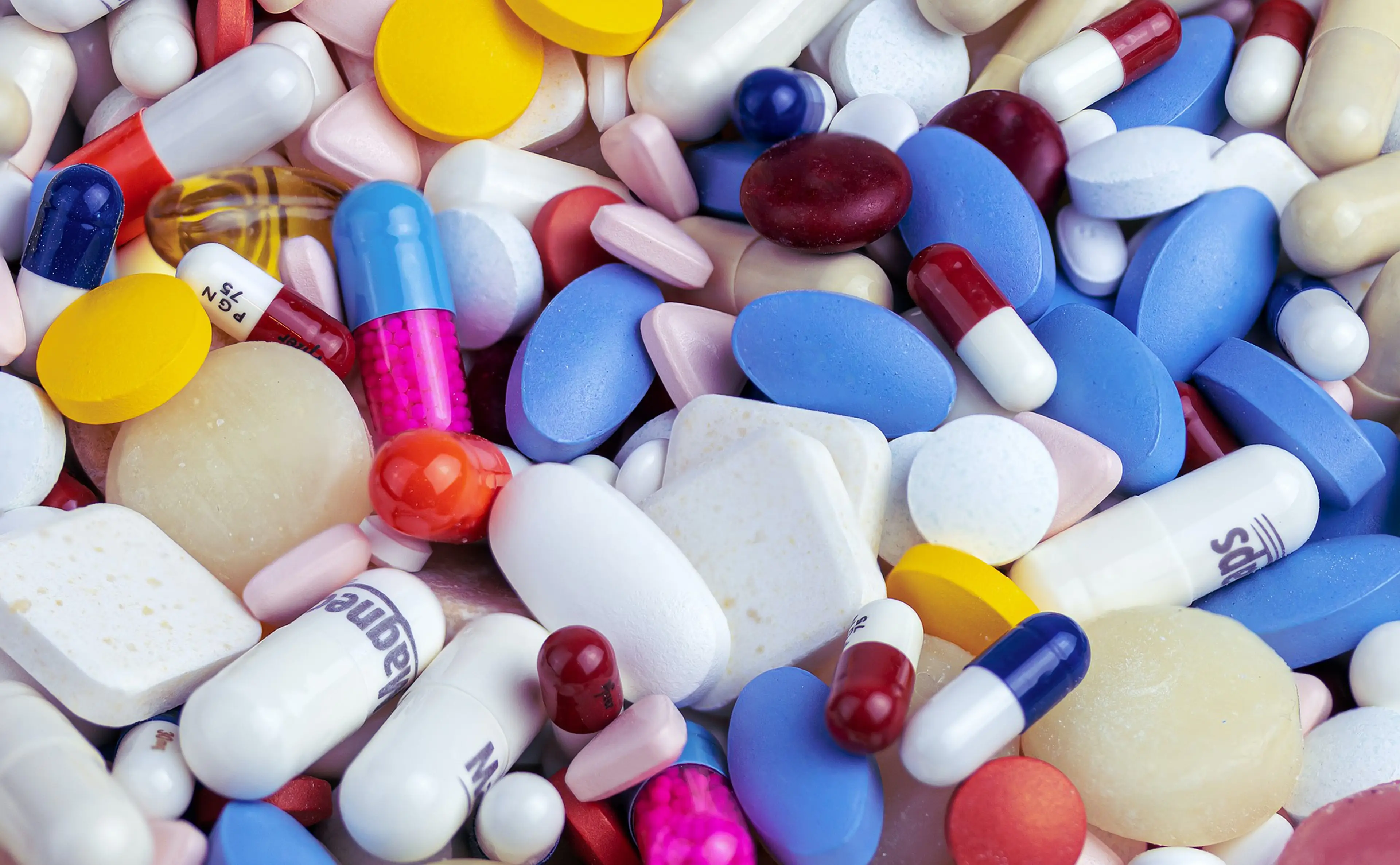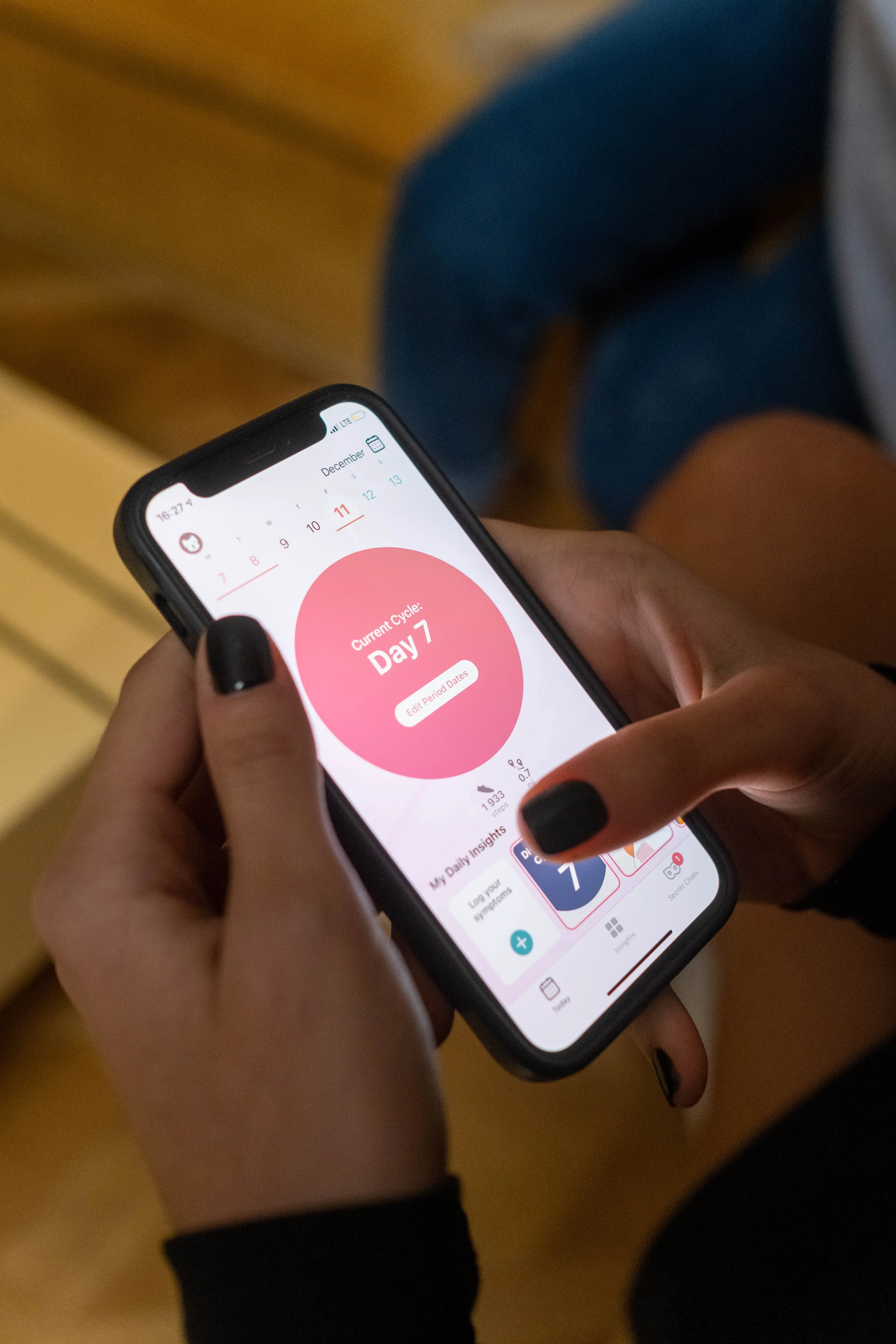
*Warning: Graphic/ distressing content*
It's surprisingly cold in the back of the ambulance. A chill shoots down my spine as the paramedic shines a light into my eyes and checks my temperature, shouting numbers to his colleague who is scrawling notes in black biro.
Although they've already bandaged up my arm with thick gauze, a thin slice of skin that has been overlooked begins to weep, leaving a cold trail of blood, like a tiger stripe, until it drops onto the leg of my denim jumpsuit.
I barely notice the small pool of red that has began to gather, as I feel my stomach begin to churn so aggressively it's almost vibrating. My nails begin to dig into the small, grey cardboard bowl I have been given to hold, the acidic taste of bile worming its way up my gullet which I swallow ferociously, strangely embarrassed at the thought of vomiting in spite of everything they've already seen.
I remember every minute of that grey Thursday in January 2020, right down to the coffee-tinged breath of one the paramedics as she gently asks how many pills I'd taken. But in that moment, I barely feel present at all, my brain disassociated from what's going on around me.

This isn't the first time I've found myself on my way to A&E. It's not even the first time this week that I've graced the staff of Charing Cross Hospital with my presence. The kindly porter, who slipped me a Digestive and a cup of tea last time, gives me a nod of recognition as I am wheeled in again, my brain too fuzzy to manage putting one foot in front of the other.
It's strange to think that, just four days later, the girl with her straggly hair in a messy bun and a blood-flecked jumpsuit will be little more than a bad memory, a thing of the past.
Instead, I will be buoyant almost to the state of mania, dancing around my flat in my knickers and eating cheese on toast with no remorse.
Why the huge change in mood? I will have woken up, gone to the bathroom and seen that familiar streak of blood in my knickers, the relieving sign that my period has arrived and this is all over for another month.
I have a rare and widely misunderstood condition called Premenstrual Dysphoric Disorder (PMDD). Thought to affect around 5 per cent of all women, it can be summed up in oversimplified terms as "PMS on steroids."
It's like your own body is gaslighting you - filling you with rage, bothering you with intrusive, obsessive thoughts and impulses to do something irreversibly damaging... until you feel those dull cramps confirming your period is on the way, leaving you to clean up the mess you made in your life while you were mad.

Dr. Sophie Chung, from Qunomedical, can explain the condition far more effectively than I can.
"PMDD is a very severe form of PMS that happens every month a week or two before you start your period," she says. "Those who have been diagnosed usually experience symptoms of depression, tension and anxiety, mood swings, irritability and anger and tiredness.
"They may also suffer loss of interest in usual activities, difficulty concentrating, changes in appetite and hypersomnia or insomnia."
To impress the severity of PMDD on those who have never experienced it, 30 per cent of those with a PMDD diagnosis attempt suicide at least once - and while there are ways to manage the symptoms, the only surefire cure for those who are suffering the condition to its extremes is to undergo a full hysterectomy.
I was 24 when I was told I had PMDD, two years before I found myself in the back of an ambulance. At that point, I had been suffering with symptoms for 10 years, with no support or understanding of what was happening to me.
It's a condition that few people seem to know anything about, despite the fact that one in 20 women or AFAB individuals are thought to have it. Even when I tell doctors I have PMDD they look up at me with quizzical smiles, asking: "What's that?"
People's lack of awareness about the condition, even in the medical profession, is due in part to underfunding and education.
Dr Chung explains: "Medical schools and residency programmes do not sufficiently cover women's hormonal conditions, such as menopause. Therefore, when women visit their practitioners, more often than not, they do not get the help they need due to the lack of understanding."

My own lack of education about my body prevented me from seeking help. After all, we all get a bit "up and down" before our period, don't we? Don't we all feel so exhausted we can't get out of bed, become plagued with obsessive thoughts, and think about throwing ourselves into traffic once a month? Apparently not.
As a result, getting my diagnosis was a difficult and exhausting process. I had check in with a crisis team every evening for a month while they documented my symptoms, and tried to get me to talk about my "erratic and restless" behaviour. I would the hospital tear-stained and emotionally spent - and embarrassed. Periods are something most people manage to get through without major psychiatric incident. Maybe I was just weak, I thought.
I even shunned the antidepressants they prescribed me, which left me feeling sick and exhausted. In hindsight, I was in denial about the whole thing. Since I felt fine most of the time, I told myself I just needed to get a grip and pull myself together.
But ditching the medication only exacerbated the symptoms (which had really started to get worse), and by trying to convince myself and everyone around me that I was fine, I was only making myself sicker.
Throwing myself into work, out every night... but every two weeks, I would feel myself self-destructing. I would keep razor blades in my bag at work and take chunks out my arms and thighs as I sat hunched in the disabled loos, with obsessive, crippling thoughts swarming in my head... until my period came.

With the benefit of hindsight, I can see how PMDD wreaked havoc on my life. I would become obsessed with my work at certain points of the month, staying up until one in the morning typing until my bleary-eyed boyfriend would urge me to come to bed.
I stopped talking to some of my best friends for no reason other than I just couldn't face seeing them. The others I would talk to, I would pick and snap at them until they found my company too much of a burden. I didn't want to worry my mum about how I was feeling, so I mostly avoided her company and was short and sharp with her if she ever dared speak to me.
At the time, I didn't pause to consider how my actions were hurting other people. PMDD made me selfish and ignorant. The only time it really hit home how much my PMDD was affecting others was when my boyfriend said he was scared to come home from work some days.
"Because I thought I'd find you hanging you from the ceiling," he once told me in a small, tearful voice.
But when I found myself in the back of the ambulance after two years of utterly manic living, something inside me snapped. It dawned on me that I didn't want to die, I just wanted everything to stop, just for a second. I just didn't want to live like this anymore.
After I had been aggressively sick in the hospital and been checked over by the doctors, I went home and Googled everything I could find out about PMDD.
Dr Sophie Chung agrees that she has seen a rise in women going online to get support after struggling to cope. "A step in the right direction would be to have more readily available women's health education," she says. "Plenty of information is either difficult to understand or not accessible.
"I have seen a rise in social media being used to fill this void, which is helping reach people that would otherwise be clueless. I think that more research funding is needed in order to help us all gain more knowledge and understanding of women's health issues."
It was a Facebook group that provided a much-needed crutch when I started to recover. The UK PMDD Support Group, which has 8,200 members, was hugely reassuring, as I found a whole group of individuals who had been through exactly what I had been through, sharing stories of their recoveries. It was a warm, comforting group to be part of, as for the first time, I didn't feel so alone when it came to facing this.
The group recommended period tracker apps to monitor my symptoms in the run up to our "hell week" as we affectionately call the time the PMDD kicks in. In conjunction with their support, and a new batch of antidepressants with less side effects, for the first time in my life, I feel like I've got this thing in check.
With PMDD symptoms being almost unique to each individual sufferer, others may benefit from different means to manage the conditions.

Dr Sophie Chung explains: "Talking therapies can help sufferers manage with the psychological symptoms, and painkillers or anti-inflammatory drugs can reduce physical symptoms like headaches, joint, and muscle pains.
"Staying calm and meditating can help alleviate stress and anxiety, and getting active by doing a mix of aerobic activities and strength training each week can help."
From personal experience, when things are really bad, I accept that the week will be a write off. Instead, I'm kind to myself by staying in bed, reading books, eating chocolate and sleeping for several hours a day until it passes.
It's been just over a year now since I was wheeled into hospital, and sometimes I am floored by just how ill I had become, and how desperately I needed help. Thinking back to those times feel like memories of someone else's hazy nightmare, I feel so detached from them. The PMDD turns me into an entirely different person - one I don't like at that - and now that I've made the condition more manageable, it's weirdly liberating to finally like myself again.
That's not to say my battle with PMDD is over for good, with this story tied up in a neat bow as I live happily ever after. I still have good months and bad months, my symptoms varying from tiredness, irritability and obsessive thoughts. I think I will always struggle, but I have vowed to myself to never let things get that bad again.
For all those out there who feel like they are suffering in silence with a condition no one understands, I see you, and I can assure you that PMDD does not have to be a death sentence. Things can get better.
For help or support, visit samaritans.org
For more information, visit UK PMDD Support
Featured Image Credit: Kimberley Bond